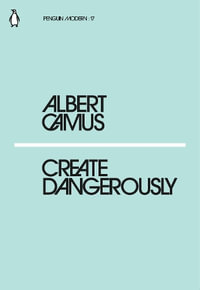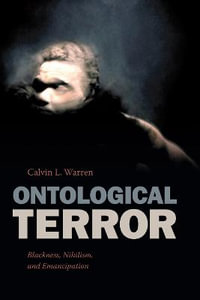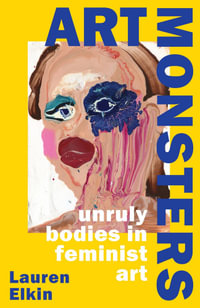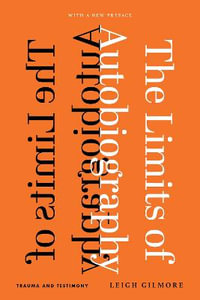"Both a meditation on the status of literature and on that of the human, this book has the tact to treat these two concerns as parallel, but related - not identical. The result is a salutary reminder of the fragility of all autopoiesis. The New Human in Literature shows how indispensable to ideas of species identity and culture the technological imagination has always been." --Haun Saussy, Professor of Comparative Literature, University of Chicago, USA
"The relevance of literature is to address the problems associated with modern biotechnology and information technology dilemmas without presenting under-complex solutions; the challenge that modern life sciences pose for literature is to find new meaning in the old idea of the new man. Mads Rosendahl Thomsen's study has accomplished to have developed this exchange in a theoretically demanding and rich way." --
Nicolas Pethes, Professor, University of Cologne "The refreshing thing about
The New Human is that it tackles the rise of posthumanism - - or the intensifying debate about human evolution, transformation and succession, which is led from a variety of angles (the spectrum goes from critical posthumanism to transhumanism one could say) - - from a historical angle and thus takes a longer term view (i.e. from around 1900). So even though it is aware of the current environment of vast technological change mainly due to biotechnology and digitalisation, its focus is on how these changes are philosophically and aesthetically underpinned by the rise of the idea of a renewal of humanity ('the new human') in modern literature...
...The methodological approach the volume takes is also a major strength...
...One might think, against the run of the argument that this doesn't bode well for the future of literature - might there be something essentially 'humanist' about the literary, after all? Or are 'we' currently just facing a temporal horizon within literature¹s history, which momentarily precludes 'us' from imagining a postliterary future in the humanist sense? It is arguably the formulation of this paradoxical nature of literature in dealing with the 'new human' that constitutes the most important achievement of Thomsen's study." --
Stefan Herbrechter in the Bryn Mawr Review of Comparative Literature
























